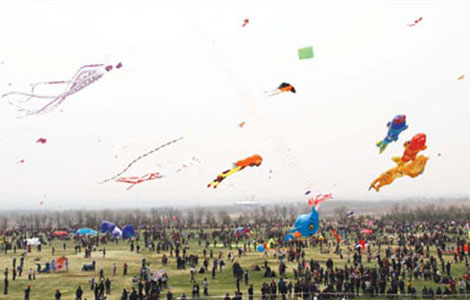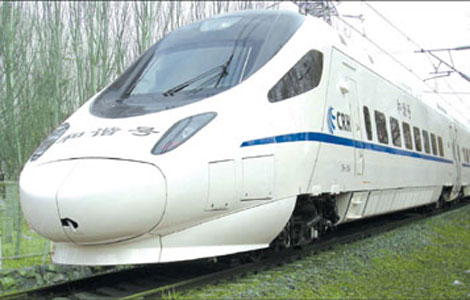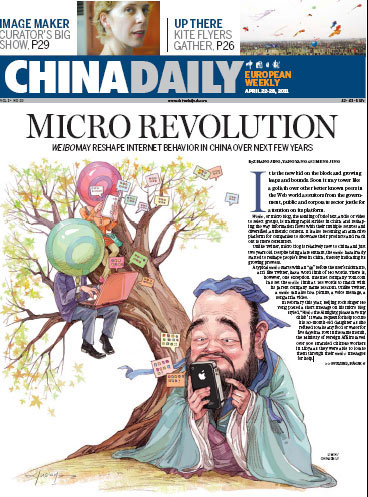Society
South Africa wineries tap tourism market
Updated: 2011-04-25 08:03
By Justine Gerardy
FRANSCHHOEK, South Africa - The busload of Swedes sweep onto the 326-year-old South African wine farm for a wine tasting visit that marries vineyard tourism with bottom-line marketing.
Sweden is now the third biggest buyer of wine from South Africa, one of the countries the industry is courting to counter a tough export climate.
"At the moment it's somewhat stable but you have to fight for every piece of pie out there. The market is tough - it's not an easy market," said Boschendal's Jamiel Ryklief after welcoming the tourists to the stately estate.
First planted by 17th-century European settlers, South Africa's vineyards add billions of rands to the economy and have made the country the world's seventh-largest producer.
South Africa wasn't allowed to sell its wine abroad during the international sanctions of the apartheid era, but now foreign sales make up 55 percent of production, which has tripled over the last decade.
But export volumes and earnings have slipped by around 4 percent since 2009, when overseas sales were valued at 7.7 billion rands ($1.1 billion), said Wines of South Africa spokesman Andre Morgenthal.
The blow has been cushioned by stronger performance of more expensive bottled wines and more bulk wine sales to Britain, the biggest foreign buyer, as well as inroads into new markets.
"We've seen some exciting export figures in the Nordic countries - we're currently number one of the new world countries in Sweden by quite a huge chunk of volume market share," Morgenthal said.
The industry is also wooing Asia, which currently accounts for a tiny fraction of exports.
"China is a small base, about 5 million liters, but there's been something like 70 to 80 percent increase in exports there," said Morgenthal, saying India was also being targeted.
"It's a long-term project. The challenge there is to teach people to drink wine and to bring a culture of food and wine to them because they are not used to drinking alcoholic beverages along with their meals."
The popularity of South African wine has also driven a surge in top quality restaurants in the striking winelands - lying north-east of Cape Town and in the city's suburbs.
Emerging as a foodie hotspot, the French-flavored town of Franschhoek has Africa's only entry on the latest annual S. Pellegrino World's 50 Best Restaurants list.
Local Reuben Riffel, who replaced British celebrity chef Gorden Ramsay at the luxury One&Only hotel in Cape Town, sees himself as an example of the area's wine and food explosion.
"The wine industry, the restaurant industry, that's almost what Franschhoek is built on. It's given a lot of opportunities to people," said the top chef who went from working as a waiter to owning three restaurants.
"I was born in Franschhoek and I did see it developing from a ghost town to what it is now. I think it sort of developed together: the wine farms and the restaurants. I definitely saw the change".
Agence France-Presse
E-paper

Blowing in the wind
High-Flyers from around the world recently traveled to home of the kite for a very special event.
Image maker
Changing fortunes
Two motherlands
Specials

Models gear up car sales
Beauty helps steer buyers as market accelerates.

Urban breathing space
City park at heart of Changchun positions itself as top tourism attraction

On a roll
Auto hub Changchun also sets its sight on taking lead in railway sector
